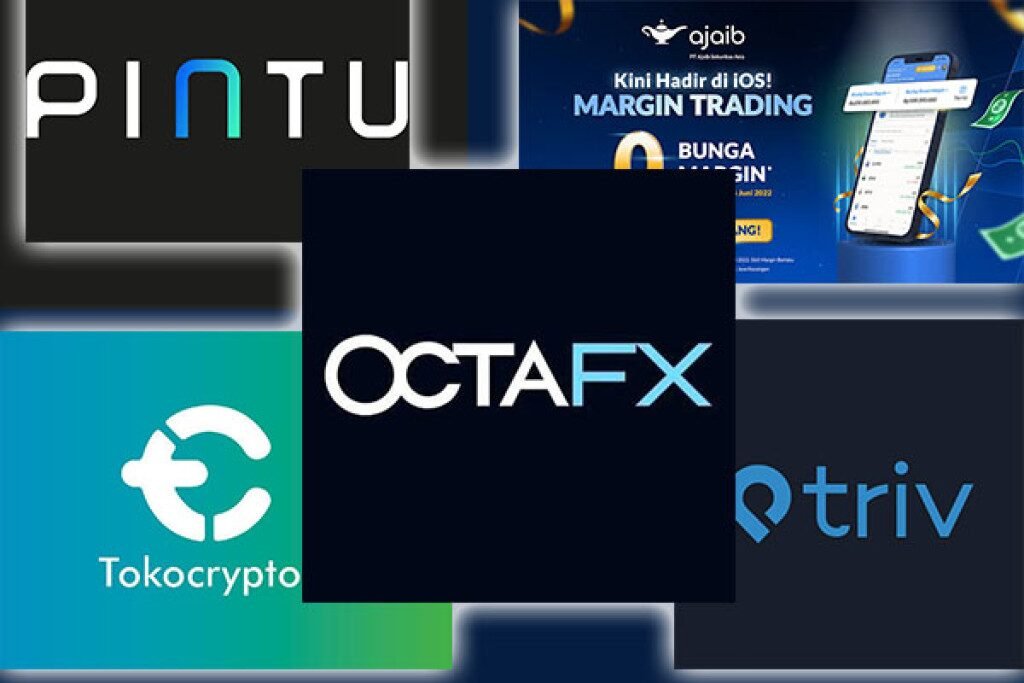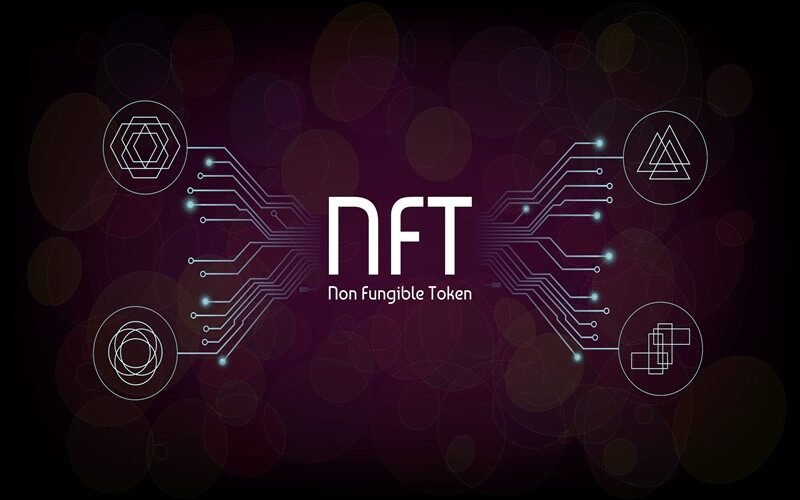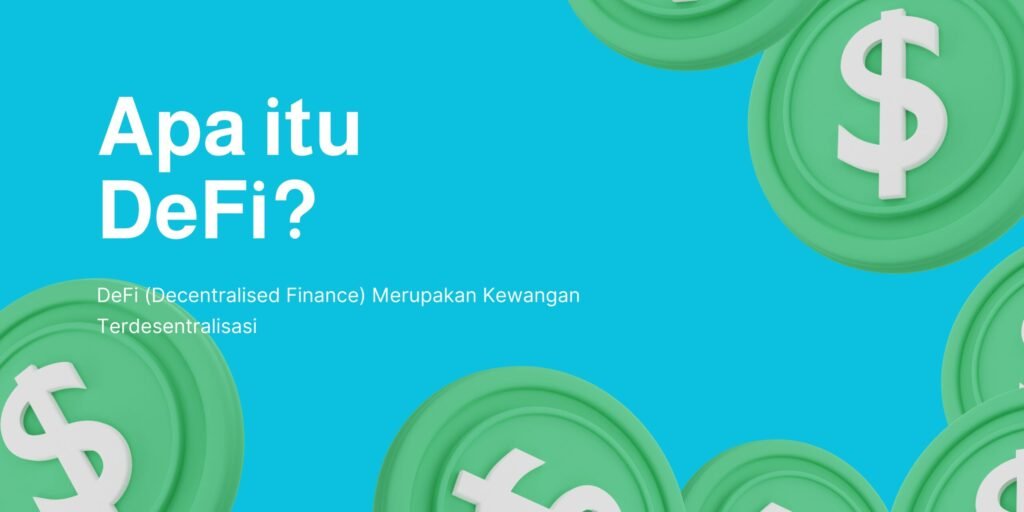The Rise of Web3 in Indonesia: Understanding the Shift to a Decentralized Future
October 27, 2024

Web3, often called the next phase of the internet, represents a shift from centralized platforms to a decentralized digital economy based on blockchain technology. Unlike Web2, which is dominated by corporate-controlled services, Web3 empowers users to own their digital identity and assets. In Indonesia, where internet usage is surging among the youth and digital transactions are already part of daily life, the concept of Web3 is gaining traction. Many Indonesians, particularly millennials and Gen Z, are exploring Web3 for investment opportunities, gaming, and creative projects. As digital-savvy users begin to prioritize data ownership and financial independence, Web3 is increasingly seen as a transformative force in the national digital landscape.
Growth of Crypto Adoption as the Foundation of Web3

Source: WAHANA
Cryptocurrency is often the gateway to Web3, and Indonesia has become one of Southeast Asia’s largest crypto markets. With over 19 million registered crypto investors as of 2024, the country is witnessing an upward trend in blockchain usage for purposes beyond speculation. Local exchanges like Tokocrypto and Pintu are making crypto more accessible in Bahasa Indonesia, while government-licensed exchanges improve regulatory confidence. The growing use of stablecoins, especially among freelancers and remote workers seeking cross-border payments, highlights how crypto is becoming a practical tool. This crypto adoption provides the technological and behavioral foundation for wider Web3 integration—from decentralized finance to community-governed apps.
NFTs and Digital Art: Empowering Indonesian Creators

Source: LADIESTORY
One of the most vibrant Web3 trends in Indonesia is the rise of NFTs (non-fungible tokens). Indonesian artists and musicians are using NFTs to monetize their work globally without relying on traditional intermediaries like galleries or labels. Creators from Jogja, Bali, and Jakarta are uploading art to NFT platforms like OpenSea, Paras, and FXHash, generating income while building global audiences. Projects like Superlative Secret Society and Karafuru have shown how Indonesian culture can be successfully integrated into Web3 communities. NFT technology not only enables ownership and royalties for digital art but also offers new opportunities for creators to engage fans through token-gated content, metaverse experiences, and more.
Play-to-Earn Gaming and the Rise of Web3 Communities

Source: The Data Scientist
Indonesia’s strong gaming culture has made it a hotspot for play-to-earn (P2E) games and Web3 gaming ecosystems. Titles like Axie Infinity and Thetan Arena quickly gained traction among Indonesian gamers looking for alternative income sources, especially during the pandemic. These blockchain-based games reward players with crypto and NFT items that can be traded or used across ecosystems. Guilds such as Yield Guild Games SEA (YGG SEA) are now offering scholarships and training to lower-income players, helping expand access to the Web3 economy. Moreover, Discord and Telegram communities built around these games have evolved into support networks that educate players about wallets, staking, and broader Web3 tools, forming grassroots-level momentum for adoption.
DeFi Solutions for Indonesia’s Underbanked Population

Source: BlockChain Malaya
Decentralized finance (DeFi) is one of the most promising Web3 applications in Indonesia. Around 40 million Indonesians remain unbanked, creating demand for alternative financial services. DeFi platforms such as Aave, Compound, and PancakeSwap offer crypto-based savings, lending, and staking products that anyone with a smartphone and wallet can access. While risks exist—especially for beginners unfamiliar with security best practices—the potential to bypass traditional banking infrastructure appeals to rural and gig economy workers. Indonesian developers are also exploring local DeFi solutions, including sharia-compliant protocols that align with Islamic finance principles, showing how Web3 can be localized to serve cultural and religious contexts.
Regulatory Landscape and Government Involvement

Source: Linkedin
For Web3 to reach mainstream status in Indonesia, regulatory clarity is essential. The Indonesian Commodity Futures Trading Regulatory Agency (BAPPEBTI) currently oversees crypto as a tradable commodity, but broader legal frameworks for DeFi, NFTs, and DAOs (Decentralized Autonomous Organizations) are still in development. While the central bank has expressed skepticism about crypto as a payment tool, it is also piloting a central bank digital currency (CBDC) known as the Digital Rupiah. This mixed stance shows that regulators are not opposed to innovation but are proceeding cautiously. Meanwhile, educational campaigns by the Financial Services Authority (OJK) and blockchain associations are helping improve public literacy, making regulation an evolving trend to watch closely in the Indonesian Web3 space.
Challenges Slowing Down Widespread Web3 Adoption

Source: Digwatch
Despite impressive momentum, Web3 adoption in Indonesia faces several obstacles. First, technical literacy remains low among average users. Concepts like seed phrases, smart contracts, and DApps are still foreign to many. Second, scam projects and phishing attacks have tainted public perception and scared off potential users. Third, inconsistent internet quality in rural regions limits access to Web3 apps that require real-time interaction. Finally, many Web3 platforms are still not fully localized in Bahasa Indonesia, which creates a barrier for non-English speakers. Solving these issues requires collaboration between developers, educators, government agencies, and the private sector to build trust, infrastructure, and knowledge.
The Future Outlook: Where is Web3 Heading in Indonesia?
The future of Web3 in Indonesia looks promising but will depend on how well the nation balances innovation with infrastructure and education. Web3 projects that focus on inclusivity, local language support, and cultural relevance are likely to gain traction. Indonesia’s youthful, mobile-first population gives it a natural advantage in Web3 adoption, particularly in areas like NFT creativity, DeFi experimentation, and metaverse exploration. The development of local blockchains and decentralized applications tailored to Indonesian needs—like halal finance, carbon offset marketplaces, or rural identity verification—could propel the country to be a regional leader in the decentralized internet revolution. Ultimately, Web3 in Indonesia is not just a tech trend—it is a movement that could redefine how Indonesians engage with the digital economy.
